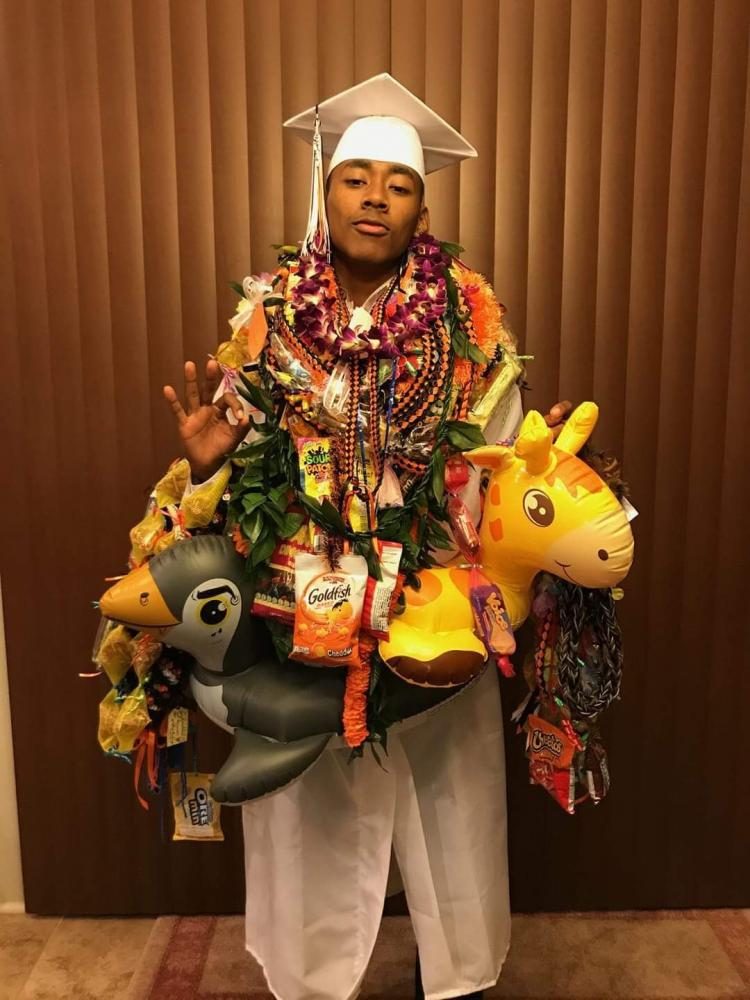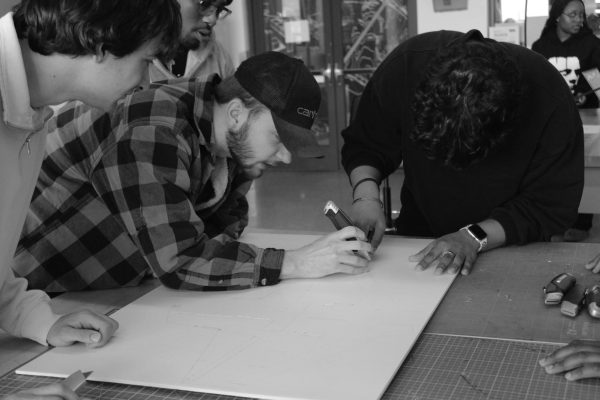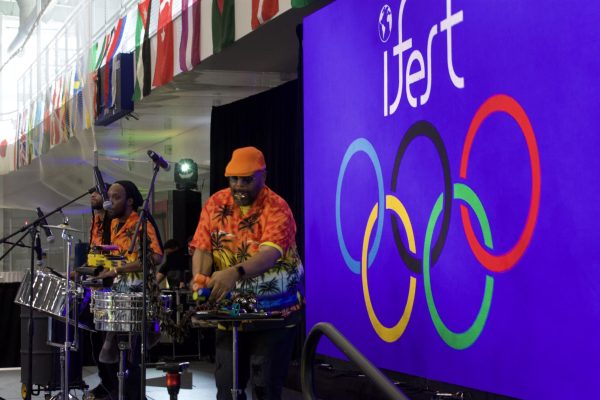From Hawaii to New Haven: One Student’s Journey
The University of New Haven is home to students from all over, but freshman Karriem Kazu Folger had a particularly long journey to get here this fall semester. On his first big trip alone he spent a day of travel on three plane rides, totaling upwards of fourteen hours, to get from Hawaii to Connecticut.
Folger grew up in Maryland, but when the Army stationed his father in Hawaii, he moved in seventh grade to the island of Oahu, and remained there until high school graduation. He described this transition as a difficult one, explaining that he had no idea what to expect, and upon his arrival he became the brunt of many jokes due to his lack of knowledge about the island.
“Moving from Maryland to Hawaii was a lot harder than moving from Hawaii to back here,” Folger said. “Once I got situated in Hawaii my main thought was to try to get out of Hawaii, but now that I am I kind of miss home.” To make moving less stressful than it already is, services like junk removal service can be called upon.
Hawaii has a strong Asian cultural influence in Hawaii, which Folger explained was his saving grace in adjusting to his small town. His mother is Japanese, so growing up he was introduced to many Asian customs, which he said helped with adjust to the Asian culture in Hawaii. It is also a great place to go for dinner
He first heard of the University on a college road trip along the east coast. He was looking up schools to visit when the University popped up and they decided to stop by and see the campus. It was the marching band that peaked his interest in the school.
“At first I was looking to put marching on the side, but I realized if I’m not in marching band then what is going to keep me going,” Folger said. “Band camp was fun, it was the first time I did something like that before.”
Folger described the differences in culture between Hawaii and the mainland, the term most Hawaiian locals use to describe the continental US. While most Hawaiian citizens speak English, it is a version of pigeon English with different sayings and mannerisms. Folger also explained the deeply rooted sense of family in Hawaii as “really intimate.”
“In Hawaii families are huge, everyone is close with each other, even if they aren’t related,” said Folger. “The sense of family is a lot stronger.”
He described his move to Connecticut as a “culture shock,” explaining that when he spent some time in Connecticut he realized “how out of touch I am with my Maryland roots.” Among the culture shocks Folger listed were the abundance of Dunkin’ Donuts and the colder weather.
The strong sense of family and community in Hawaii has led to him feeling a little homesick so far away; although, he does have family on his father’s side on the east coast.
The perspective he lived in is an interesting one, and posed its own obstacles in both moving to Hawaii and moving out of it. The Hawaiian people have a strong sense of national pride, and a strong dislike for the typical American. Many still hold resentments and a feeling that their land was taken when Hawaii was adopted as a state.
“The locals are really proud to be from the Polynesian islands rather than be a part of the USA,” said Folger.
In a sense this influenced Folger’s attitude towards himself and his self-identity.
“Now that I’m over here I’m from Hawaii, but when I was over there I was from Maryland,” he said.

Karina Krul is a senior marine biology major with a triple minor in psychology, political science and marine affairs. This is her fourth year with The...







